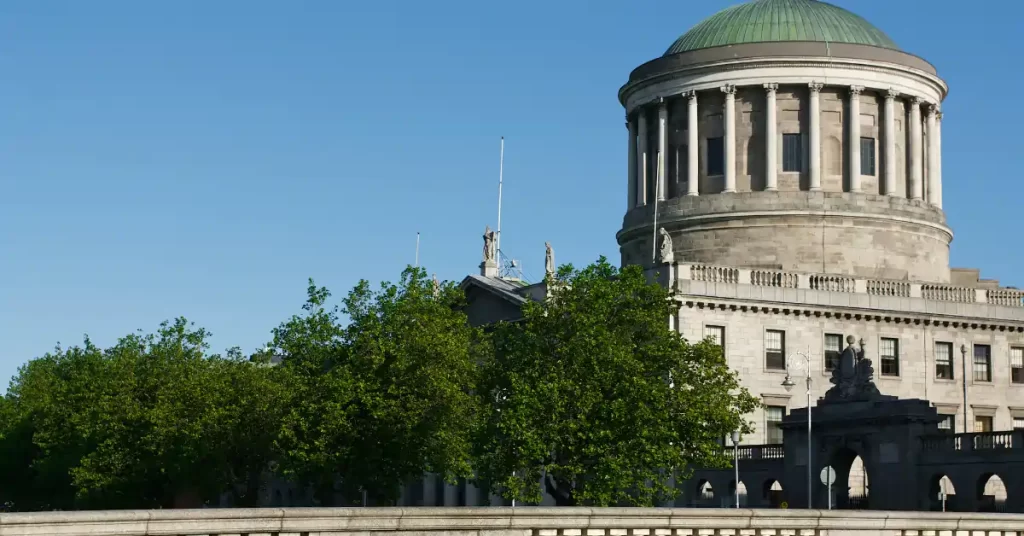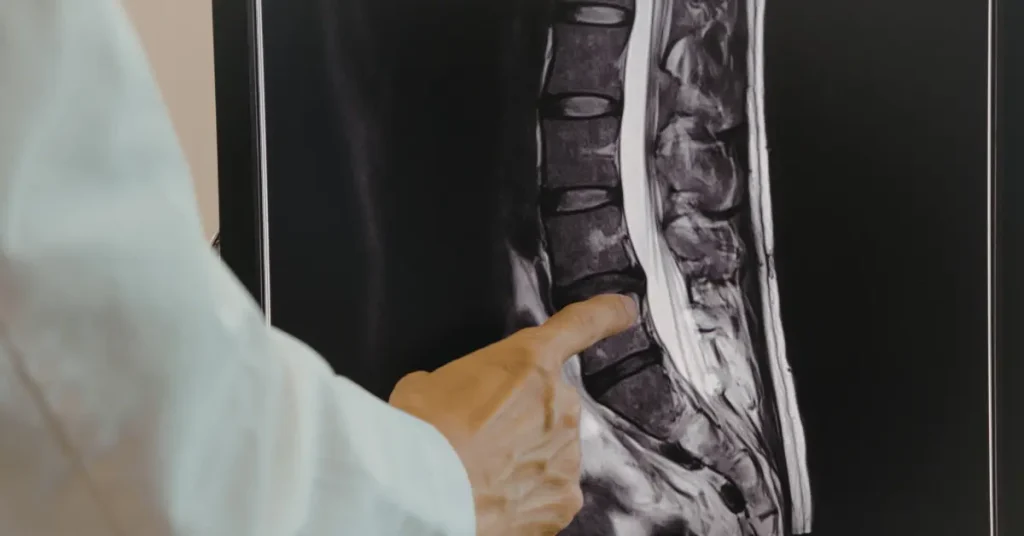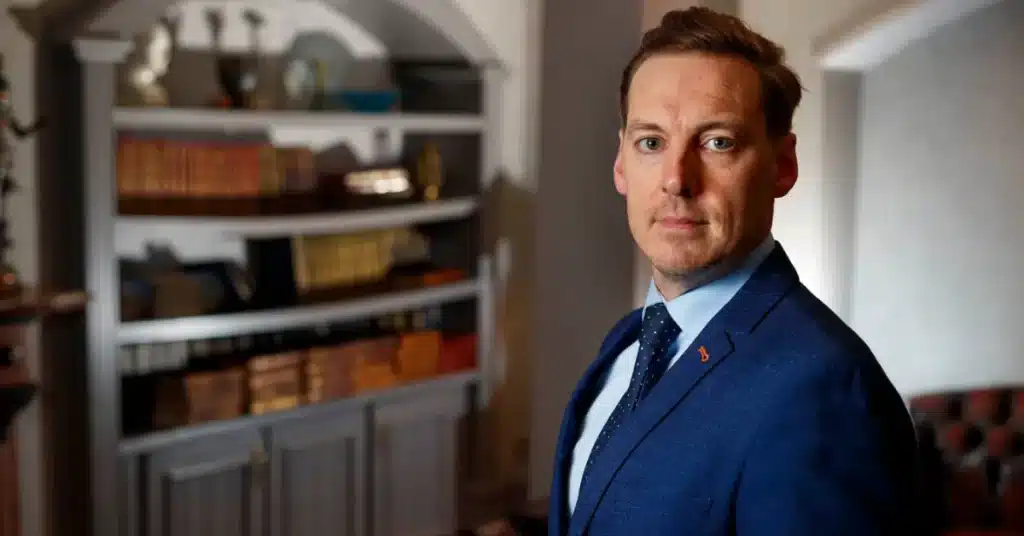A Report into The Alleged Cover-Up of Sexual Abuse in The Organisation was Published by Scouting Ireland on May 15th, 2020
The revelations were extremely damning, immediately leading to calls from victims and support groups for official action to be taken against the perpetrators and those who were aware of the crimes but still allowed them to go unreported. You can read the full story here.
Abuse victims will now be considering their next steps in any potential legal action for compensation. If you are someone who has been affected by this scandal and are currently thinking about what you should do, the wisest step would be to speak with an experienced solicitor. They will be able to guide you on the best next steps to take.
The report by child protection consultant Ian Elliott was highly critical of the governance of the organisation. It stated: “A characteristic of the poor governance in Scouting Ireland was a culture driven by self-interest, with little attention paid to the young people involved. Cronyism thrived and remained a significant problem in scoutingâ€.
Cronyism, the report states, “created a situation where those who had a sexual interest in children and young people were sometimes protected by moving them sideways or even promoted in scouting, rather than expelled. They were protected and supported by others who had a similar interestâ€.
Scouting Ireland, the modern organisation, was founded in 2003 when the two scouting traditions, the Scouting Association of Ireland and the Catholic Boy Scouts of Ireland, joined together. It has a devoted membership of roughly 50,000 people country-wide. The abuse cases referred to took place between the 1960s and the 1990s.
Examples of Historical Abuse Cases at Scouting Ireland
Mr Elliott’s report gave details of four cases of sexual abuse that occurred under the watch of Scouting Ireland. They detail how members of Scouting Ireland were able to rise through the ranks of the body despite serious allegations being made against them.
Of the cases, Mr Elliott says: “They are shocking and deeply disturbing. However, they need to be reviewed so that practice of this nature can never occur again. This is not a summary of all the case studies that were alarming or that contained bad practice. Quite simply, to do this would involve more time and more resources than are available. “
No names are contained in the report. Elliott notes that “the alleged offenders are deceased and unable to provide any defence against the accusations made about them. However, many of those allegations are repeated independently by others, and are regarded by the reviewer as credibleâ€.
The first case refers to an individual who was known to socialise with other Scouting Ireland members who were also facing serious allegations of abuse. Complaints were made against the individual over many years but no action was taken and, eventually, the person left the organisation of their own accord and ‘in good standing’.
The person in question is now deceased and the report says he was a ‘self-confessed, prolific sex offender’.
The second case refers to an individual who came forward to Scouting Ireland in 2018, claiming that he had been subjected to sexual abuse while a scout member as a young boy. He alleged that he was raped by a scouting leader who gave him alcohol.
When an initial investigation was undertaken and no further evidence of abuse could be found the individual was allowed to stand down from their position in the group while remaining in good standing. However, upon further investigation during the formation of the Scouting Ireland report it was revealed that other Scouting Ireland leaders were asked to keep a close watch on him during camps he was attending.
There is no official record of any investigation of Scouting Ireland in the individual, who is now deceased, despite there appearing to be some suspicions regarding his behaviour.
The other two cases studies included a priest who took his own life before he was brought to justice for abuse allegations and seeming attempts to cover up the previous conviction of a scout leader, who was facing sexual abuse charges.
The report also includes the steps that Scouting Ireland have already taken to implement these recommendations. You can read the full report here:Â https://static.rasset.ie/documents/news/2020/05/scouting-ireland-report.pdf
Main Points and Recommendations in Scouting Ireland Report
- Recommendation 1: An end is to be put to smaller groups of members having the ability to influence organisation-wide policy. Mr Elliott found that this has been the case until ‘very recently’.
- Recommendation 2:Â The implementation of that new disciplinary system, which cannot be influenced, that brings cases to a close in an acceptable period of time and does not allow issues to drag on for years.
- Recommendation 3:Â A new system for recording the practices of the organisation in relation to safeguarding children must be created, used and maintained internally with easy access.
- Recommendation 4:Â There is an obligation of the Board of Scouting Ireland to ensure that they are always up to date on safeguarding policies and processes and that they continue to question if that best course of action is being followed.
- Recommendation 5: A process should be established to obtain any relevant documentation that is being held external to the organisation’s database.
- Recommendation 6:Â An Institutional apology should be issued by Scouting Ireland to those who suffered due as part of the historical abuse cases.
- Recommendation 7:Â Effective safeguarding must be implemented by Scouting Ireland immediately.
- Recommendation 8:Â Anyone placing young people in danger should be expelled from the organisation.
- Recommendation 9: All relevant parties need to be informed of all details of any potentially ‘dangerous’ situations.
- Recommendation 10:Â An independent auditing process needs to be established to monitor safeguarding in the organisation. An audit should be completed at least every two years.
- Recommendation 11:Â A strong working relationship should be formed with statutory safeguarding agencies.
- Recommendation 12: Scouting Ireland should deter an improper use of social media to distribute unsubstantiated allegations and to encourage the spread of cronyism.
Conclusion
In his conclusion, Elliott said any objective examination of the evidence presented to the review, would lead to the conclusion that scouting failed to protect vulnerable young people and allowed risky individuals to operate for too long a period. He said: “There was a reluctance to hold people to account and to recognise the reason why the organisation existed at all which is to serve the needs of young people in a positive way.â€
Apology from Scouting Ireland
Adrian Tennant, the chairperson of Scouting Ireland, released an official organisation apology who read as follows: “On behalf of Scouting Ireland, we unreservedly apologise to the victims and survivors of abuse in scouting who were failed.
“We are sorry that adults in scouting harmed you. We are sorry that you were not protected. We are sorry that you were not listened to or were unable to tell your story at that time.
“We are sorry for the hurt caused to you and the legacy of that hurt which many of you still live with today. We know we cannot take away that hurt. But we do want you to know that you have been heard. We want you to know that you are believed. We want you to know that we will support you.
“We are determined that there is no place in Scouting for anyone who, by design or by omission, harms a child, as you were. Cronyism, looking away and covering up are not victimless crimes. They are enabling actions. We pledge to adopt and deliver the Learnings and Recommendations of this Report. It is a light pointing into a very dark corner but it is also a beacon for the standards, culture and structures we must have, and which must be resourced to ensure that Scouting is a safe place for young people.
“You, by your bravery in speaking out, have helped to uncover the truth. Your legacy now is to have helped to make Scouting Ireland a safer place for young people; to have reminded us of why we exist – to support and cherish our young people through their scouting experience.â€
Meanwhile, details are emerging that a senior civil servant advised the Government against conducting an official inquiry into child sexual abuse in scouting organisations in Ireland late in 2019. Information obtained by the Irish Times via a Freedom of Information request show that Fergal Lynch, secretary general of the Department of Children, informed senior Department of Taoiseach officials that the State “have to be careful in committing to an independent investigation into historic cases of abuse at this timeâ€.
The correspondence obtained claimed that such an inquiry could damage pending criminal cases being pursued by An Garda SÃochána. It was claimed that an inquiry could lead to a “long, cumbersome, uncertain process†and that there may be an issue over the absence of official records of allegations and documentation on how cases were handled. These claims were made by a a senior figure involved in the Commission to Inquire into Child Abuse.
If you would like to, confidentially, speak to an experienced solicitor in relation to any of the details referred to in this article please contact us as soon as you can.





